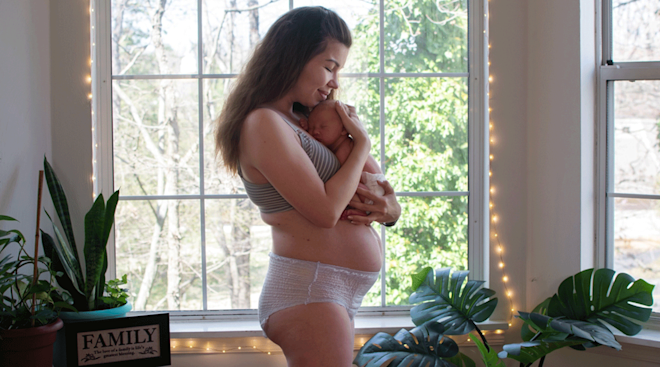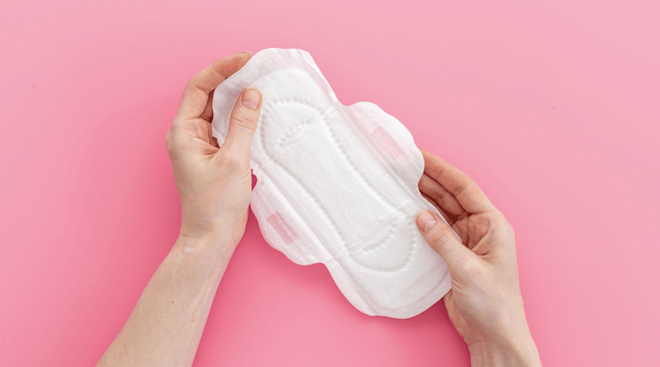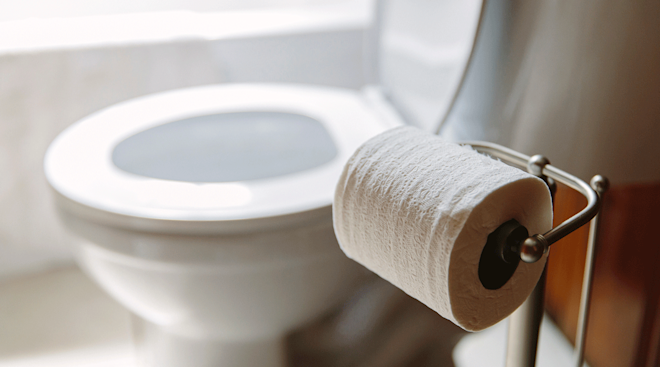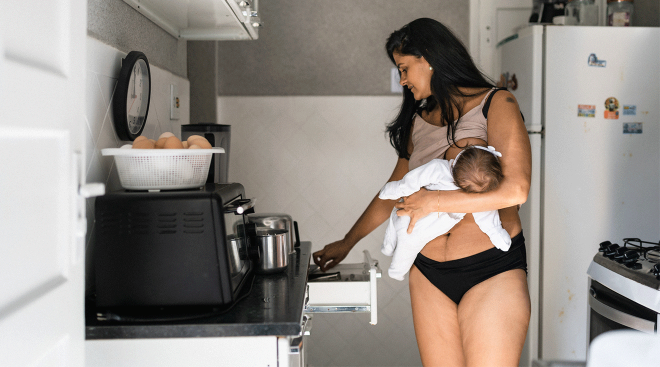Once reserved for new moms with Kate Middleton–esque bank accounts, baby nurses are now becoming more common. And for good reason: They’re pros at easing you — and your brand-new baby — into your new life together.
What they do
A baby nurse can help establish a bedtime routine, organize the nursery, help with feedings, and make sure you’re nourished and comfy in the first few days you’re home from the hospital. Plus, a baby nurse can show you how to deal with common issues like colic, gas and excessive crying, any one of which can stress out a first-time mom.
Besides being a go-to source for education, reassurance and support, a baby nurse can also be an extra set of hands to pitch in with chores like packing the diaper bag and laundering spit-up-encrusted onesies. If your spouse is also a rookie, the nurse will meet with them before baby arrives and explain what to expect when you come home from the hospital (read: mood swings and crying jags) and offer ways they can help you and baby.
How much it costs
As you probably guessed, that kind of help doesn’t come cheap. According to Carole Kramer Arsenault, RN, IBCLC, founder of Boston Baby Nurse and author of The Baby Nurse Bible, the average rate for a baby nurse is $35 per hour, and most of her clients use the services for about eight weeks. If your budget won’t allow for 24/7 help, there are plenty of options available, like hiring a nurse to come in once or twice a week for a month, or putting a baby nurse service on your registry and asking friends to donate money toward the cost. If nothing else, Arsenault recommends springing for a night nurse at least once or twice so you and your partner can get a good night’s sleep. “You’re a better parent when you’re rested,” she explains.
What a night nurse does
Okay, so now you want to know what a night nurse is. Since a night nurse is experienced in baby’s nocturnal ways, they know when to wake you up to feed and when it’s okay for you to catch some much-needed zzz’s. They’ll also write down what to do at night and during the day and help you get a schedule going.
How to know if you need one
While the decision to hire a baby nurse is a highly individual one, there are a few factors every new parent should consider. Most important is whether you have family or close friends nearby who are willing and able to help you out in the weeks after baby is born. But also think about your personality and whether you and your partner will be able to be up all night and still function the next day. It’s definitely not easy.
How to hire one
If you decide you’d like to hire the extra help, do your homework — virtually anyone can call themselves a baby nurse, since the industry isn’t monitored by an agency or governing body. Once you’ve come up with a short list of agencies, Arsenault recommends researching the types of training programs they offer their baby nurses. Or if you hire privately, stick with candidates who have taken a baby nurse certification program; then do vigorous background checks and call their references.
It also helps if you start the process early. Arsenault suggests booking a baby nurse at least a couple months before your due date. “If a mom calls two months ahead of time, depending on her needs, we try to give her and her partner a couple of options,” she says. “We’ll send several and they can choose. If you’re going to have someone in your home for a long time, it’s important to meet him or her. It’s also nice to have the same baby nurse throughout the time you need them, and the sooner you book, the more likely you’ll have a consistent baby nurse.”
Please note: The Bump and the materials and information it contains are not intended to, and do not constitute, medical or other health advice or diagnosis and should not be used as such. You should always consult with a qualified physician or health professional about your specific circumstances.
Plus, More from The Bump:
Navigate forward to interact with the calendar and select a date. Press the question mark key to get the keyboard shortcuts for changing dates.




















































